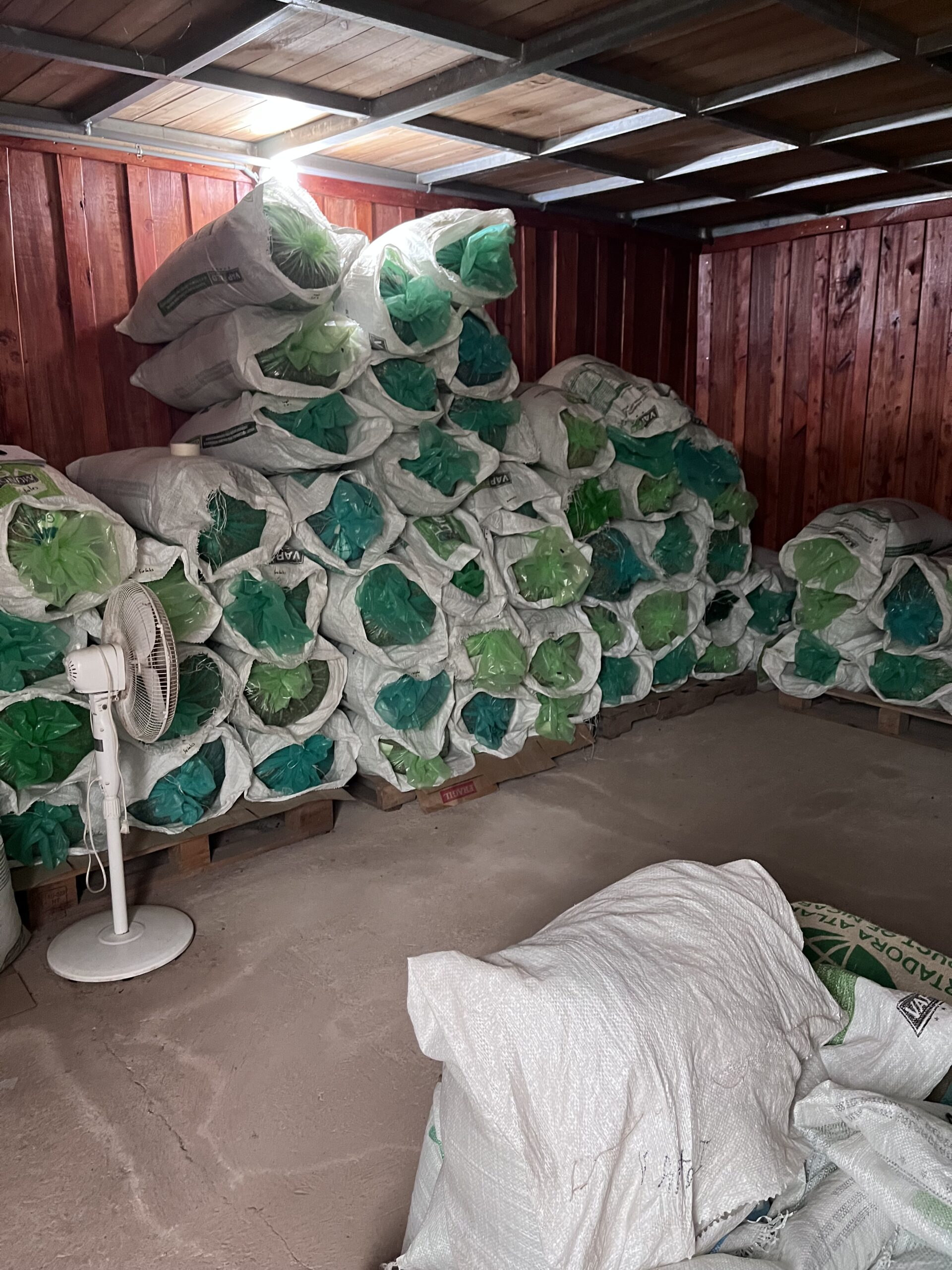Market Challenges and Better Solutions
Recently, the price for green coffee beans on the international market climbed dramatically to $4.5 per pound. While this surge has since settled to under $4 per pound, it raises important questions about market reactions to reduced coffee availability.
This significant price increase deserves scrutiny, particularly because the financial gains aren’t proportionally reaching the farmers who grow these precious beans. In Costa Rica, farmers are indeed receiving better prices, but this has created an unexpected challenge for specialty coffee. Many growers are now selling to multinational corporations rather than to producers of high-quality specialty micro lots. Unfortunately, the premium micro lot market hasn’t adjusted its pricing to the same degree, creating an imbalance in the specialty coffee ecosystem.
Perhaps it’s time to reconsider our approach to coffee purchasing and supply chain management. A promising solution lies in fostering more direct relationships between clients in Germany and suppliers in producing countries.
My particular interest is in Costa Rica’s Tarrazu region, known for its exceptional coffee quality. It’s worth noting that today’s logistics allow German clients to order directly from a Beneficio (coffee mill) in Costa Rica without incurring prohibitive air freight costs. Several smaller deliveries can be efficiently consolidated with larger quantities in a single container shipment.
This streamlined approach reduces unnecessary intermediaries in the supply chain, offering greater purchasing flexibility while lowering costs for both businesses and consumers. Coffee enthusiasts benefit from fresher beans with a clearer provenance, while businesses can develop more sustainable pricing models.
The most valuable outcome? The establishment of direct relationships between clients and producers that foster mutual understanding, fair pricing, and long-term partnerships beneficial to everyone involved. These connections create a foundation for sustainable coffee production that respects both the product and the people behind it.
El muchacho caminando looks forward to helping establish these meaningful connections, bridging the gap between European coffee lovers and the dedicated farmers of Costa Rica’s finest growing regions.
